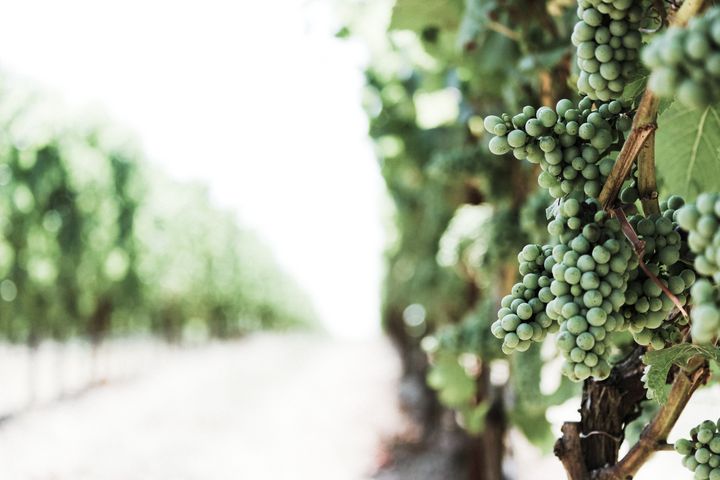Benefits of the Internet of Wines

Winemaking, or vinification, is an ancient art that dates back millennia. A seasoned vintner knows just when the grapes are right for harvest, overseeing all the minutiae that go into the growing, fermentation and aging processes to produce the finest wines possible.
Though it’s an industry steeped in tradition, it’s also found a place in the growing trend of precision agriculture - a crop management concept that focuses on observing and measuring farming variables to optimize production and cut down on waste.
Over the past few years, vineyards around the globe have been turning to smart, sensor-driven solutions to preserve resources and improve output. While it’s still far from common in the world of viticulture, the use of IoT-enabled devices is giving tech-savvy agronomists a considerable leg up on their competition.
Its benefits are many:
- Monitor and manage vineyard conditions remotely
Good wine begins and ends with the weather. The better a vintner can observe and predict climate conditions, the more informed his or her decisions will be. This means taking temperature and humidity readings to assess whether or not to spray vines for mildew. If frost is detected, wineries can activate wind towers to blow warm air on the vines. And weather data can tell winemakers when the temperature hits just the right time for harvest.
- Minimize pest and disease outbreaks
Vineyards around the world lose an average of 10-15% in yield year over year. These losses are often caused by pests and diseases, such as fungus and mildew, that wreak havoc on grapevines. But sensor data, coupled with mathematical models, can allow vintners to predict the development of diseases and spray fungicides and pesticides accordingly.
- Save on production costs
By better conserving their resources, IoT-enabled solutions enable vineyards to use less water, fungicides, fertilizers and man hours, which can ultimately lower a winegrower’s production costs by 20-30%. Through the use of precision irrigation techniques, winegrowers can save big on both water and energy.
- Minimize environmental impact
Taking and analyzing IoT-enabled sensor data is revolutionizing the environmental impact of the wine industry. By treating grapevines with only the precise amounts of pesticides needed, and conserving precious resources like water and energy, vineyards can grow grapes and produce wine in a much more sustainable way.